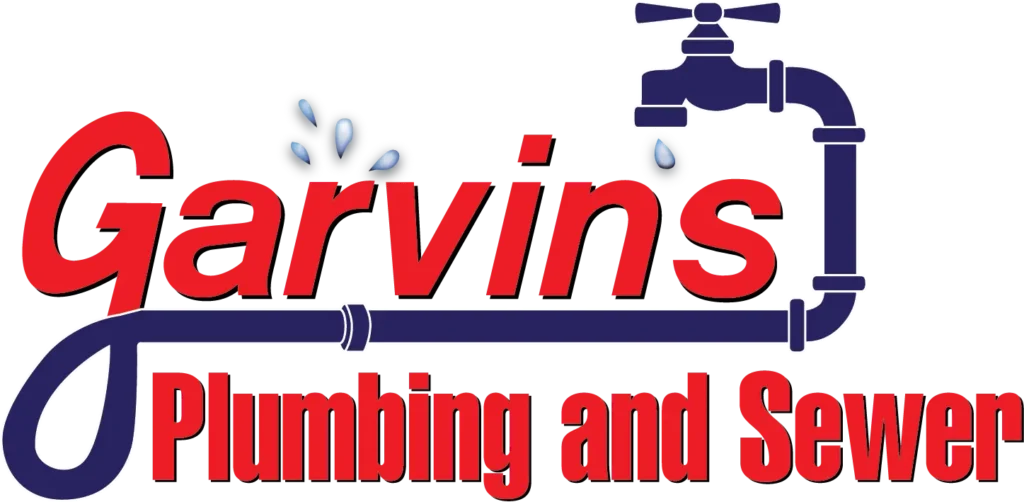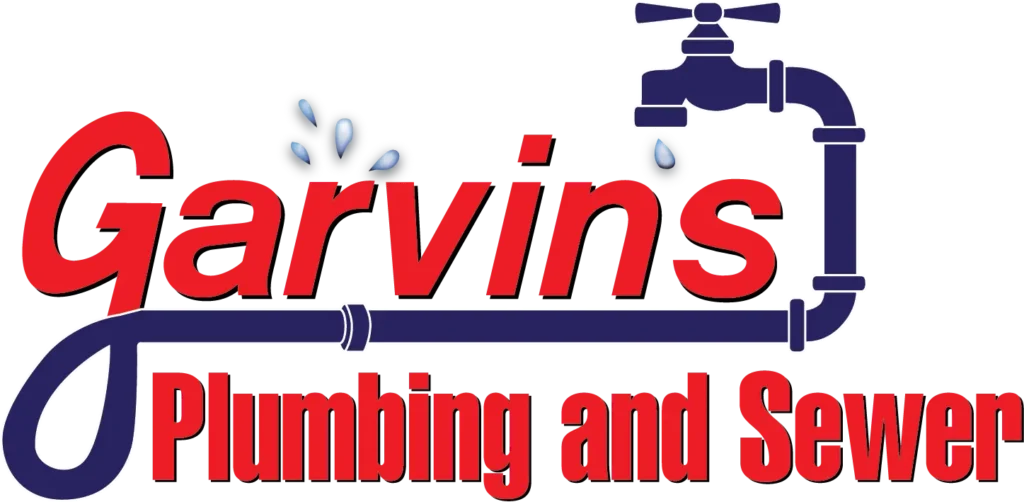
Emergency plumber
Don’t Flush Feminine Products (or Other “Flushables”)
There’s a lot of confusion out there when it comes to what exactly you can flush down the toilet. Take feminine products,…

Backed Up Drains
Why Do My Drains Back Up After It Rains?
Believe it or not, Colorado gets a lot of rain in the spring and early summer, and for some homeowners, this means…

Common Plumbing Issues
What can go wrong with plumbing in a newer home
You love the thought of a new home. New kitchen. Open floor plan. The office with a view. The yard with so…

Common Plumbing Issues
Tips to keep your plumbing fixtures in top condition
Nobody likes a plumbing surprise. Surprise retirement or birthday celebrations with cake, yes, but grey water or sewer shocks aren’t fun. To…

Common Plumbing Issues
Why clay sewer pipes may cause issues in some homes
Grab your swimming suit We’re going to take a trip in the hot tub time machine! What? Ok, we’re referencing the 2010…

Common Plumbing Issues
Common Plumbing Problems When Buying an Older Home
Indoor plumbing was invented by the ancient Romans, and when you buy an older home, there are times when you’re convinced your…

Commercial Drain Cleaner
Water Conservation Tips for Food Service in Englewood, CO
For several decades, Garvin’s Sewer Service has been synonymous with professional plumbing and drain cleaning service near Englewood. So it stands to…

Emergency plumber
What’s the Best Water Heater?
Is it time to replace your old water heater? Or maybe you are doing research because you are ready to upgrade? Either…

Clogged Drain
Preparing for “Brown Friday” in Denver
The experienced team of local plumbers at Garvin’s Sewer Service in Englewood has no shortage of work to do around the Denver…

Clogged Drain
How To Find Water Leaks Inside a Wall: Tips for Denver, CO Residents
A water leak can cause a lot of expensive damage. Worse yet, a hidden water leak inside your walls could go undetected…

Clogged Drain
Tips For Keeping Your Restaurant Drains Fresh
If you’re running a restaurant you know just how many things there are to keep track of. One thing that you may…

Emergency plumber
How to Check if Your Toilet Tank is Leaking
While Americans use a lot of water every day for drinking and watering flowers and taking showers, a little over a quarter…




